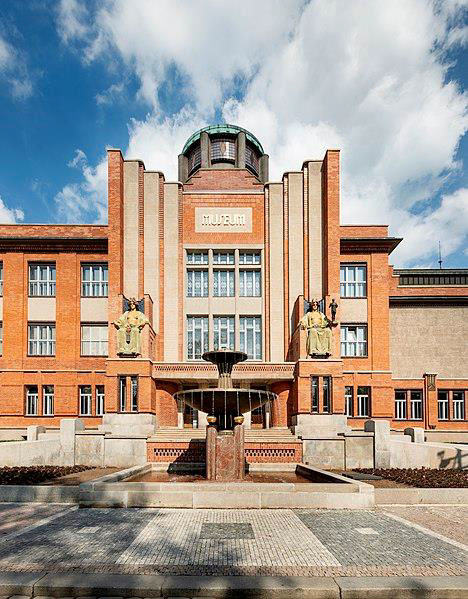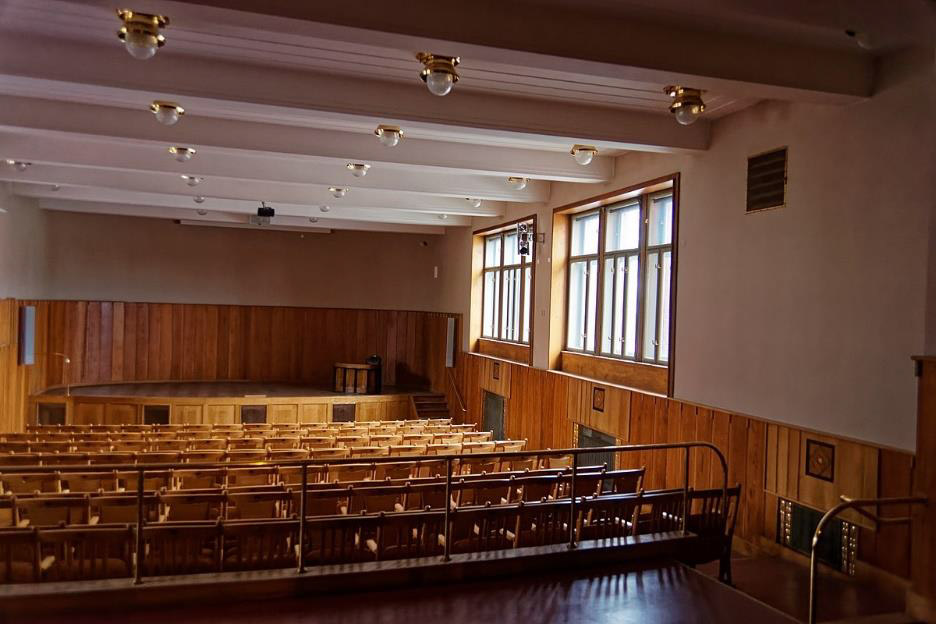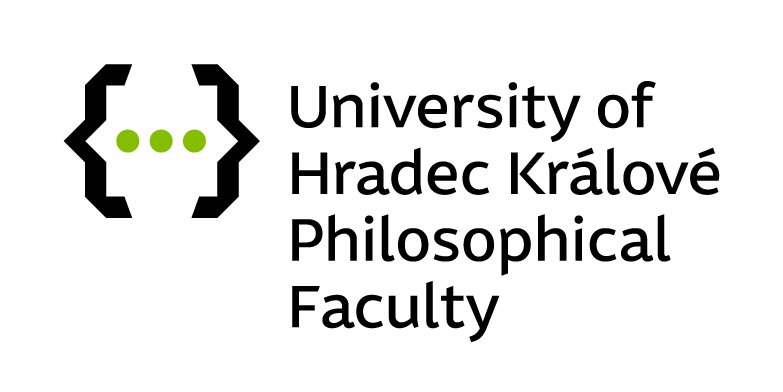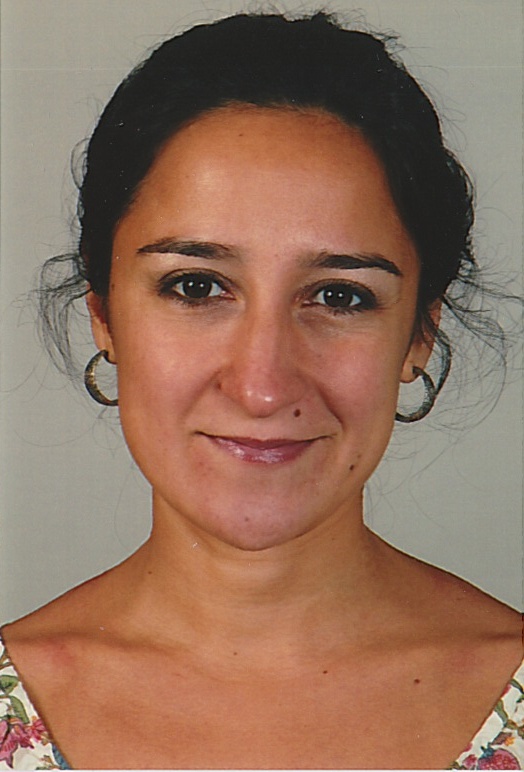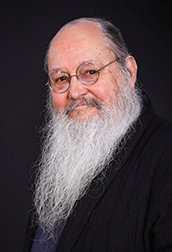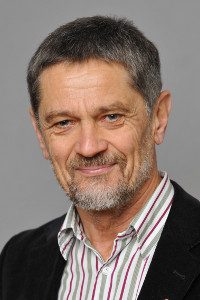About
Philosophers have long recognized that our ability to converse with one another over the reasons we have is part-and-parcel of our capacity to exercise rational thought and agency. In its paradigmatic manifestation, one’s exercise of discursive cognition is to be understood in terms of one’s knowing obedience to the norms that govern what one ought to think and do, and which knowing is expressed in the ability to communicate about these norms. This view is aptly conveyed in Wilfrid Sellars’ dictum that “in characterizing an episode or a state as that of knowing, we are not giving an empirical description of that episode or state; we are placing it in the logical space of reasons, of justifying and being able to justify what one says”. This theme has been developed in some detail in the philosophy of inferentialism, taking the “game of giving and asking for reasons” as our core discursive activity (e.g., in the work of Robert Brandom).
Meanwhile, the topic of why and how humans produce and consume reasons, or why and how we come to grasp their normative force, has become the subject of intense scientific theorizing. Indeed, over the last two decades explicitly Sellarsian positions on human rationality are increasingly showing up in the literature on developmental and social psychology, primatology, neuroscience, and evolutionary anthropology. As a consequence, questions are raised over the relationship between linguistically-mediated discursive cognition, and the non-, pre-, or proto-linguistic forms of cognition antedating discursive cognition in our ontogeny and phylogeny.
This conference is premised on the idea that the time is ripe to bring these different research programs into mutual dialogue, engaging their respective approaches in a fruitful game of giving and asking for reasons.
Invited Speakers
Program
Abstracts of the talks are vailable here.
Tuesday, October 19
10:00 - 10:30 Breakfast
10:30 - 11:15 Jeremy Koons (Georgetown University - Qatar): “Reason-Giving as Maintenance of the Knowledge Commons”
11:25 - 12:10 Alan McDonald (University of Manchester): “Power-Score and the Post-Brandom Game”
12:20 - 13:05 Ulf Hlobil (Concordia University): “Teleo-Inferentialism”
13:05 - 14:30 Lunch
14:30 - 15:45 Robert Brandom (University of Pittsburgh): “Reasoning, Reason Relations, and Semantic Content”
15:55 - 16:40 Jaroslav Peregrin (University of Hradec Králové): “GOGAR and Logical Theories”
16:50 - 17:35 Dave Beisecker (University of Nevada, Las Vegas): “The Default to Truth: On the Topology of Assertion”
Wednesday, October 20
10:00 - 10:30 Breakfast
10:30 - 11:15 Yannick Kohl (University of Luxembourg): “Additive Transformative Rationality”
11:25 - 12:10 Ladislav Koreň (University of Hradec Králové): “Functions and Norms of Reasoning”
12:20 - 13:05 Marlene Meyer (Georg-August-Universität Göttingen), Jan Engelmann (Berkeley University of California), Marina Proft (Georg-August-Universität Göttingen) and Hannes Rakoczy (Georg-August-Universität Göttingen): “Communicating Uncertainty: Social Metacognition in Young Children”
13:05 - 14:30 Lunch
14:30 - 15:45 Bahar Köymen (University of Manchester): “Ontogeny of Human Reasoning”
15:55 - 16:40 Giacomo Melis (University of Stirling): “Epistemic Higher-Order Thinking and Responsiveness to Reasons in Non-Linguistic Agents”
16:50 - 17:35 Preston Stovall (University of Hradec Králové): “Agentive and Linguistic Notions of Rejection in the Ontogeny and Phylogeny of Shared Intentionality and Discursive Cognition”
Thursday, October 21
10:00 - 10:30 Breakfast
10:30 - 11:15 Jag Williams (Independent Scholar): “Non-Propositional Normativity and Perception: Towards A Three-Ply Theory of Perception”
11:25 - 12:10 Molly O’Rourke-Friel (University of Massachusetts Amherst): “A Truly, Madly, Deeply Social Theory of Epistemic Justification”
12:20 - 13:05 Michal Hubálek (University of Hradec Králové): “The Evolution or History of “Why?”? Neither, and Both!” 4
13:05 - 14:30 Lunch
14:30 - 15:45 Hilary Kornblith (University of Massachusetts Amherst): “The Social Practice of Giving and Asking for Reasons”
15:55 - 16:40 Jenny Zhang (University of Edinburgh): “Responsiveness to Reasons and Changing One’s Mind”
16:50 - 17:35 Pietro Salis (Università di Cagliari): “Relocating Irreducibilities: On Turner’s Anti-Normativism on Reasons and Beliefs”
18:30: Conference dinner
Friday, October 22
10:00 - 10:30 Breakfast
10:30 - 11:15 Marco Fenici (Independent Scholar): “Folk Psychological Reasoning as a Discursive Practice”
11:25 - 12:10 Lilian O'Brien (University of Helsinki): “Action and Reasons-Seeking Questions”
12:20 - 13:05 Elizabeth Cantalamessa (University of Miami): “Post-Truth Laughter: Rorty’s Anti-Authoritarianism and the Space of Reasons”
13:05 - 14:30 Lunch
14:30 - 15:45 Josef Perner (University of Salzburg): “The Seven Heavenly Virtues of Teleology”
15:55 - 16:40 Mark Risjord (Emory University), Jared Millson (Rhodes College), and Kareem Khalifa (Middlebury College) : “Inference and Scientific Representation”
Venue
Museum of Eastern Bohemia (Eliščino nábř. 465/7, 500 03 Hradec Králové), designed by the famed Czech architect Jan Kotěra, finished in 1912, and renovated in 2019- 20.
